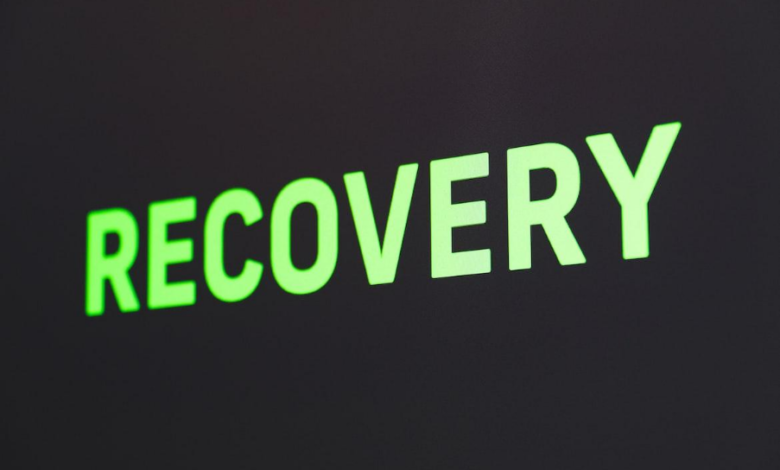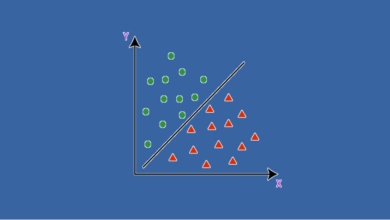Brain Recovery From Alcohol Addiction: A Comprehensive Guide

Alcohol addiction can take a toll on both the body and the mind. In this guide, we delve into the process of brain recovery from alcohol addiction, shedding light on how the brain is affected by alcohol and how it can heal. From the initial steps of acknowledging the problem to exploring effective treatments and coping strategies, this article offers a roadmap to recovery.
Brain Recovery from Alcohol Addiction
Alcohol, a substance widely consumed for its relaxing and euphoric effects, can lead to addiction. The brain, a complex organ, is profoundly impacted by excessive alcohol consumption. Let’s explore the stages of brain recovery from alcohol addiction and understand the steps involved.
Acknowledging the Problem
Recognition of the addiction is the first step toward recovery. It’s essential to confront the issue honestly and seek help when needed. The brain’s plasticity enables it to adapt and heal, but acknowledgment is the crucial starting point.
Detoxification: The Initial Phase
Once the decision to recover is made, detoxification begins. The brain starts to cleanse itself from the toxic effects of alcohol. Medical supervision during this phase is vital to ensuring a safe withdrawal process.
Neurological Healing
As the body heals, the brain starts repairing damaged neural connections. Neuroplasticity allows the brain to rewire itself, compensating for the cognitive deficits caused by alcohol. Engaging in cognitive exercises and mental activities supports this healing process.
Emotional Rehabilitation
Alcohol addiction often coexists with emotional struggles. During recovery, therapy and counseling play a pivotal role in addressing the underlying emotional challenges. In order to help people deal with the emotional struggles that frequently accompany alcohol addiction, therapy and counseling are essential steps in the detox center process. Through these sessions, patients can work towards emotional rehabilitation and find healing from their underlying emotional challenges.The brain’s reward system slowly adjusts to life without alcohol-induced dopamine surges.
Cognitive Renewal
Sobriety paves the way for cognitive renewal. Memory, attention span, and decision-making abilities gradually improve. The brain’s gray matter volume can also increase over time, further enhancing cognitive function.
Building a Supportive Environment
Recovery is more successful with a strong support network. Surrounding oneself with understanding friends, family, and support groups fosters a positive environment that aids in brain recovery.
Effective Strategies for Brain Recovery
Recovery from alcohol addiction involves adopting various strategies that promote brain healing. Here are some actionable steps to facilitate the process:
1. Healthy Diet and Hydration
Nourishing the body with a balanced diet rich in vitamins and minerals aids in brain recovery. Staying hydrated supports cognitive function and helps flush out toxins.
2. Physical Exercise
Engaging in regular physical activity improves blood circulation, promoting the delivery of oxygen and nutrients to the brain. Exercise also triggers the release of endorphins, boosting mood and overall well-being.
3. Cognitive Exercises
Stimulating the brain through puzzles, memory games, and learning activities enhances cognitive function. These exercises encourage neural connections and mental agility.
4. Mindfulness and Meditation
Practicing mindfulness and meditation reduces stress and anxiety, benefiting brain recovery. These techniques encourage neural regeneration and contribute to emotional stability.
5. Adequate Sleep
Quality sleep is essential for brain restoration. During sleep, the brain processes information, forms memories, and eliminates waste products, supporting its overall recovery.
Can brain damage caused by alcohol be reversed?
Yes, the brain has a remarkable ability to heal and regenerate. With abstinence and a healthy lifestyle, many cognitive functions can improve over time.
How long does it take for the brain to recover from alcohol addiction?
The duration varies for each individual. While some improvements can be noticed within weeks, a substantial recovery may take several months or years.
Is professional help necessary for recovery?
Professional help, such as therapy and counseling, greatly enhances the chances of a successful recovery. These resources provide essential guidance and coping strategies.
Can brain recovery be accelerated?
While there’s no instant solution, adopting a combination of healthy habits—such as regular exercise, a balanced diet, and mental stimulation—can expedite the brain recovery process.
What role does family support play in recovery?
Family support creates a conducive environment for recovery. Emotional backing and understanding from loved ones contribute significantly to an individual’s motivation and perseverance.
Are relapses common during the recovery journey?
Relapses can occur, but they don’t signify failure. They’re opportunities to learn and reinforce one’s commitment to recovery. Seeking immediate help after a relapse is crucial.
Conclusion
Embarking on the journey of brain recovery from alcohol addiction requires courage, determination, and a multifaceted approach. The brain’s remarkable ability to heal, coupled with professional support and lifestyle changes, sets the stage for a brighter, sober future. Remember, every step taken toward recovery is a step toward regaining control, embracing life, and experiencing the joy of cognitive rejuvenation.



